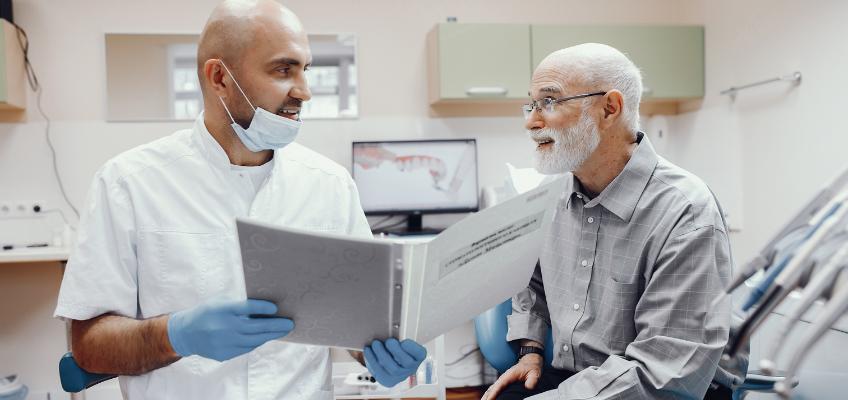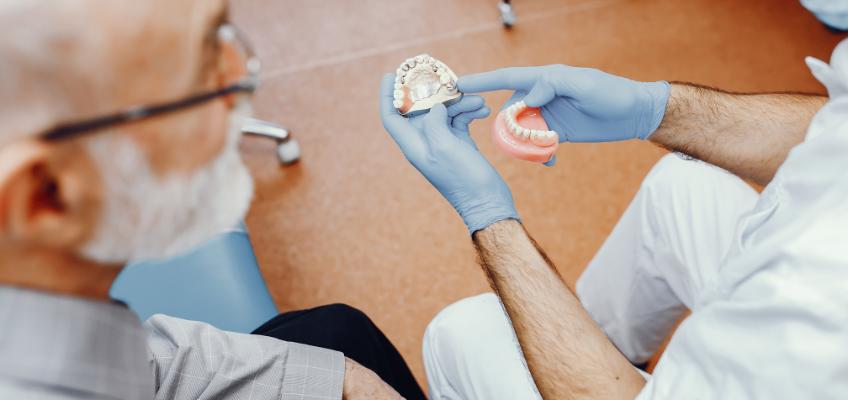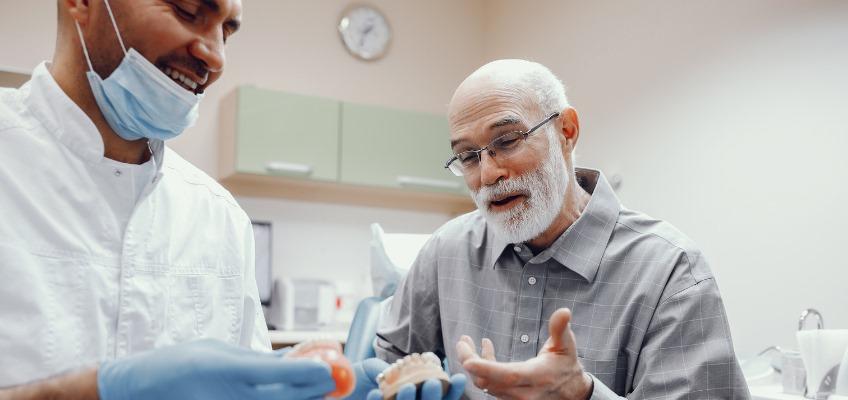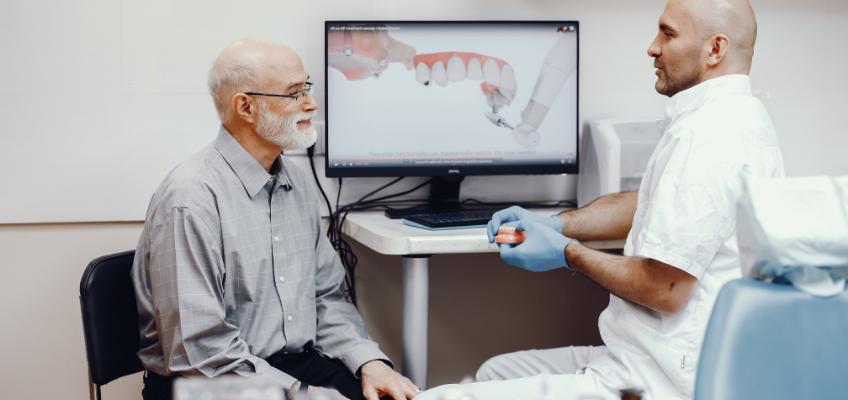Frequently Asked Questions
Are dental implants safe to have?
Yes, dental implants are typically considered safe and successful. However, like any medical procedure, they carry some risks, such as infection, nerve damage, and implant failure.
Can dental implants change your smile?
Yes, dental implants can change your smile. They provide a natural look and feel, closely replicating the appearance of natural teeth.
How much does a surgical guide cost?
The cost of a surgical guide can vary widely, depending on the case's complexity and whether the guide is in-house or outsourced. It is best to consult your dental professional for specific pricing information.
What is a dental implant surgical guide?
The dental implant surgical guide is a tool used in implant dentistry to increase the accuracy and predictability of implant placement. It is created using digital imaging software and an intraoral scan impression of the implant site.





